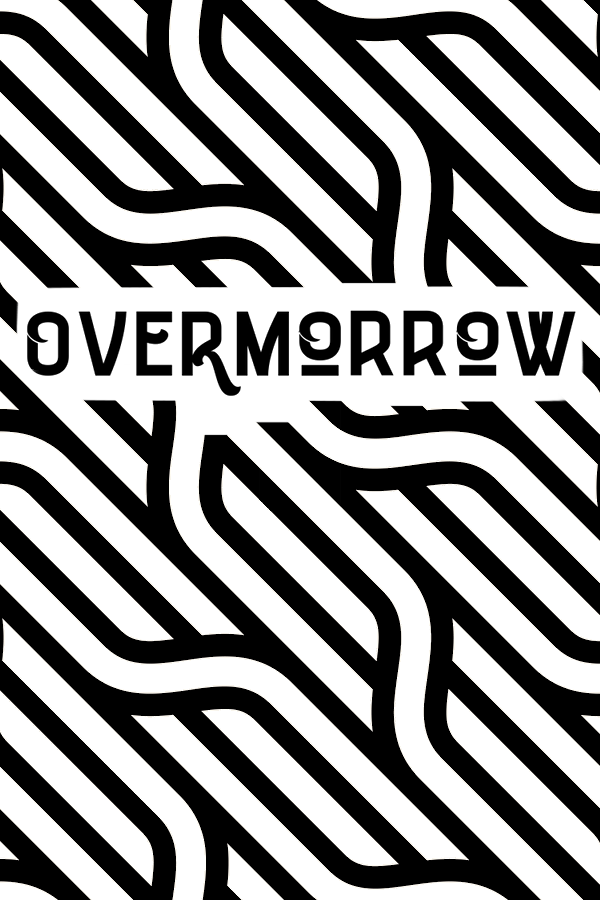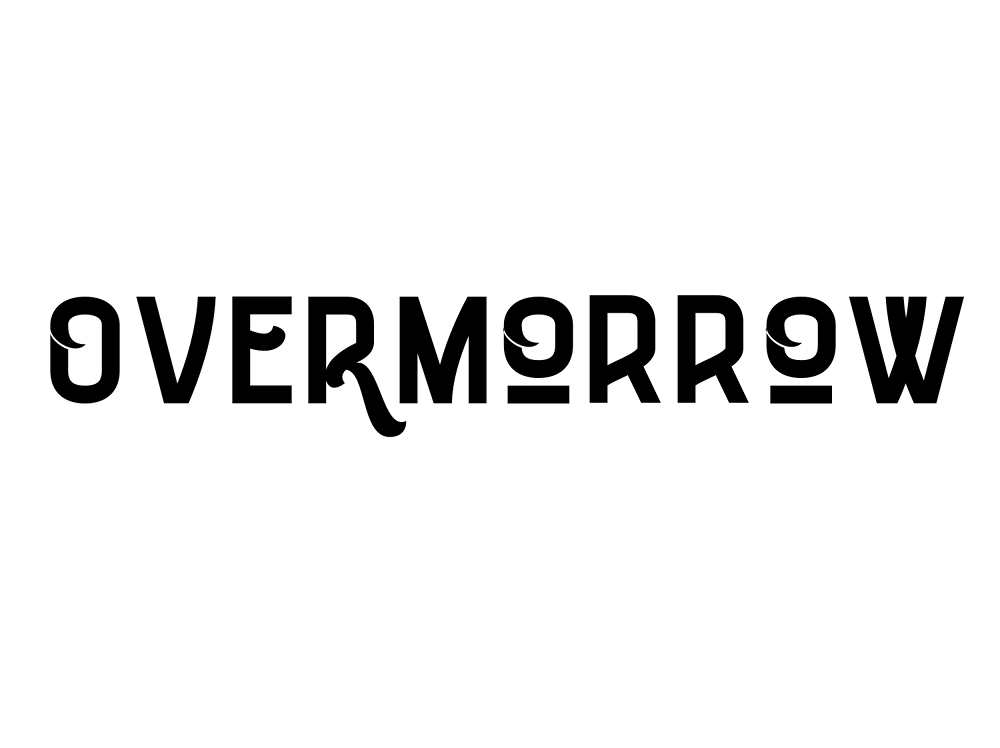Overmorrow simply means the day after tomorrow. Still, it's an archaic word, so does it really exist in modern language if no-one uses or remembers it?
n. the day after tomorrow.
Font: The Victor*
This is really simple – a word that sounds like its meaning, and is easy to remember. Still, it’s an archaic word, so does it really exist in modern language if no-one uses or remembers it?
That poses the question of what makes a word. You’ll often hear pedants (especially online) saying “that’s not a word”, particularly in relation to incorrectly used words or neologisms. Sadly for us pedants, what gives life to a word isn’t correct usage or spelling, but simply, usage.
Language grows like an unruly bush that sends up suckers and pushes out awkward branches, but also, sees shoots regularly die off. That’s how living things work.
I think it’s lovely to know that somewhere out there, pressed between the pages of a dusty old book, is a word that no-one wants to use any more, but is just waiting to be pulled out and put on display as a curiosity for special occasions.

Maybe I like it because I’m juggling so many projects at the moment that I’m always putting something off, so if I say, “I’ll do it overmorrow” that sounds like I’m actually on top of my procrastination.
* denotes affiliate links.


Leave a Response